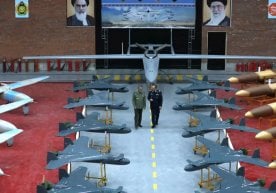Trump is dashing hopes for peace in Gaza: first "clearance", then "occupation"
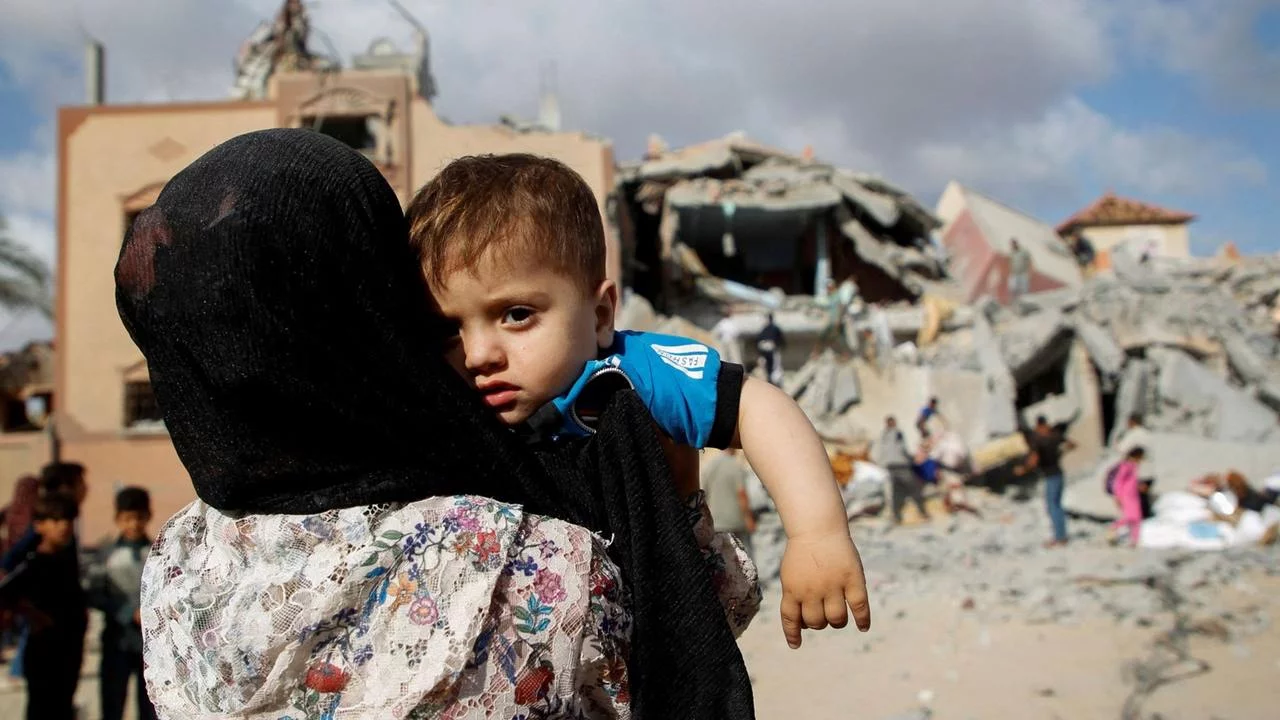
Photo: Reuters
Donald Trump announced his intention to take control of the Gaza Strip and build a "Middle Eastern Riviera" there at a joint press conference with Benjamin Netanyahu. Earlier, he proposed relocating 2 million Palestinians to other countries and clearing the territory.
Trump announced his desire to completely redraw the map of the Middle East at a press conference with Israeli Prime Minister Benjamin Netanyahu. The Israeli prime minister praised Trump for his unconventional thinking and noted that his idea could lead to historic changes. "I think this is something that could change history," Netanyahu said.
“The dangerous thing about Trump’s comments is not what Trump will do, but what Netanyahu now knows he is allowed to do,” said Chris Doyle, director of the Council for Arab-British Understanding in London. “Now he can start destroying Gaza again. He knows there is nothing to stop him from annexing the West Bank. Instead of the US occupying Gaza, Israel will help with this.”
Netanyahu’s hard-line politicians have long called for a reoccupation of Gaza, resettling Jewish settlers there and annexing the West Bank to Israel. But these plans have so far not been supported by the US administration.
Donald Trump has not yet said how he intends to turn the Gaza Strip into a fairy-tale resort. But he has not ruled out the possibility of using American troops for this purpose.
H.A. Hellyer, a Middle East security expert at the RUSI think tank in Britain, called the idea unrealistic. “No state in the Arab world wants to be involved in the forced displacement of Palestinians,” he said.
The forced displacement of civilians is a violation of international law, and human rights activists have called such actions ethnic cleansing.
In addition, the involvement of US troops in conflicts abroad also contradicts Trump’s campaign promises. He previously promised to remove the American military from international conflicts.
US Congresswoman Rashida Tlaib, who is of Palestinian origin, sharply criticized Trump’s initiative. “The Palestinians are not going anywhere. The president is trying to get funding from Congress and is promoting bigoted ideas of genocide and ethnic cleansing. It’s time for my colleagues who support the two-state solution to speak out,” she said.
From peacemaker to occupation
“When Trump speaks about the Gaza Strip, history is irrelevant to him. The wounds of the past, the series of wars, the attachment to this place, the long trail of ancestors, the rights of the living: all this seems to be buried under the rubble. Because the developer-turned-politician sees the devastated Palestinian territories only as a construction site. As a huge “demolition site” that should be cleared of its population from a humanitarian point of view. And he thinks that the Gazans can be dispersed to other parts of the region,” wrote a Le Monde commentator.
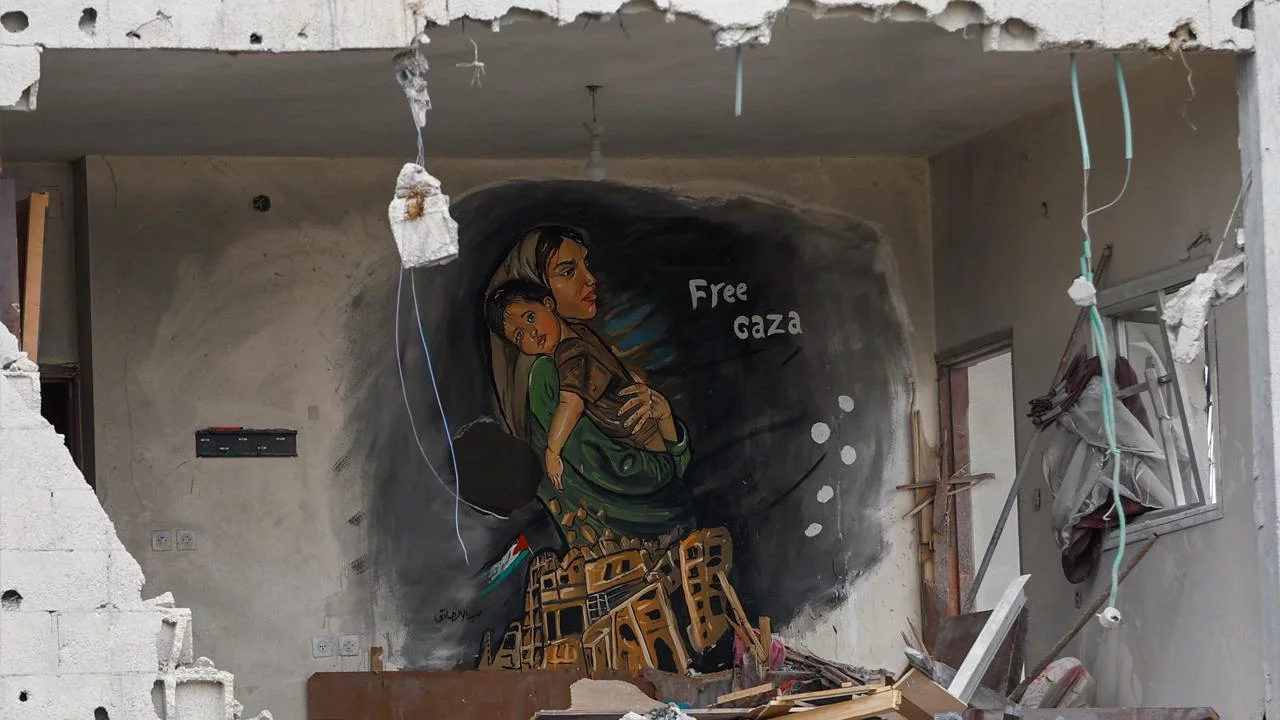
Trump calls Gaza “a pile of rubble that needs to be demolished.” Photo: Reuters
Trump's style and approach were already being described by experts as unpredictable, chaotic and driven by personal interests before he returned to the White House.
However, it was generally assumed that Trump would not take the lead in Middle East policy. So far, his statements and sharp actions have refuted these assumptions.
Trump has already called on Jordan and Egypt to accept Gazans, but in return he has received nothing but protests and anger.
Trump devoted part of his inaugural address to expansionism and claims to expand American territories. It is not yet clear whether Elon Musk's rockets will fly to Mars, but Trump listed specific territorial claims - he emphasized the return of the Panama Canal to US control, the annexation of Greenland and Canada.
Now the topic has turned to the Gaza Strip. It is still unclear how serious Trump's words are and how he will achieve his goal.
According to some analysts, such proposals are part of the negotiating gambit, a trump card in Trump's hand, waiting for an offer from the other side.
For Trump, the main issue in the Middle East is the expansion of the Abraham Accords (normalization of diplomatic relations between Israel and the UAE, and later with Bahrain, Morocco and Sudan), and the normalization of diplomatic relations between Israel and Saudi Arabia.
After the announcement of the peace agreement between Hamas and Israel, Trump announced that the time had come and that the Abraham Accords should be developed and expanded.
But there are major obstacles to this path. In particular, Israeli Prime Minister Benjamin Netanyahu has openly stated that he is against the establishment of a Palestinian state. Saudi Crown Prince Mohammed bin Salman has stressed that relations with Israel will not normalize until the Palestinian issue is resolved.
“Stillborn idea”
“If this is really a negotiating tactic, it is a stillborn idea,” says Firas Maktas, director of strategic relations at the Institute for Near East Studies in Washington.
“The idea of mass displacement of Palestinians from Gaza from a humanitarian perspective is Trump’s negotiating tactic, but it is doomed to failure. With such statements, he is moving away from his main goal in the Middle East - the expansion of the Abraham Accords. Saudi Arabia is absolutely uncompromising on this issue and will not allow the forced displacement of the population of Gaza under any circumstances,” Maktas says.
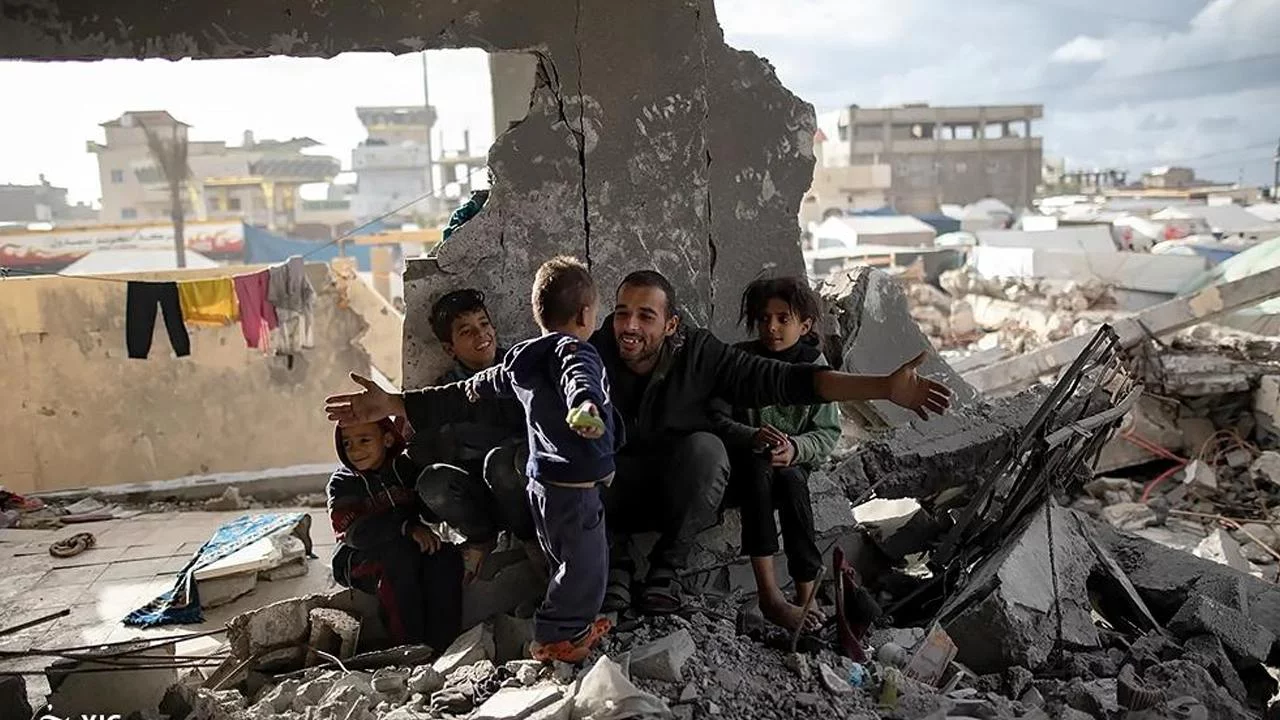
The idea of clearing Gaza of its people in order to rebuild it was first announced by Trump about two weeks ago. He called on Egypt and Jordan to accept refugees. They categorically refused. Photo: Reuters
Both the US's Arab allies and other Arab countries have unanimously opposed the relocation of Palestinians from Gaza and stressed the need to preserve the two-state principle based on an international plan.
Trump did not express a clear position on the two-state concept during his previous presidency. However, his current statements show that he is moving away from the traditional American approach to the Palestinian-Israeli conflict.
Trump's idea could not only destabilize the situation in the region, but also seriously affect the fragile peace process in Gaza.
The Qatari-brokered peace plan consists of three phases, which include the release of the remaining 94 hostages (along with 34 bodies) for several hundred Palestinian prisoners, the withdrawal of Israeli forces from key areas of Gaza, and the reconstruction of Gaza under international cooperation.
However, the details of the second phase are still unclear. Some Western diplomats and analysts fear that the war could flare up again. Israel has repeatedly said that its ultimate goal is the complete destruction of Hamas, while the next phase of the agreement requires the Israeli military to completely leave the exclave. Both Netanyahu and the Israeli defense minister are against this.
According to the terms of the agreement signed in Qatar, the parties were supposed to begin discussing the second phase of peace on the 16th day of the first phase. This date coincided with Benjamin Netanyahu's visit to Washington on February 3.
It seems that this will not happen.
Will there be peace?
After Donald Trump's statement on establishing control over Gaza, the future of the truce may be in doubt, experts say.
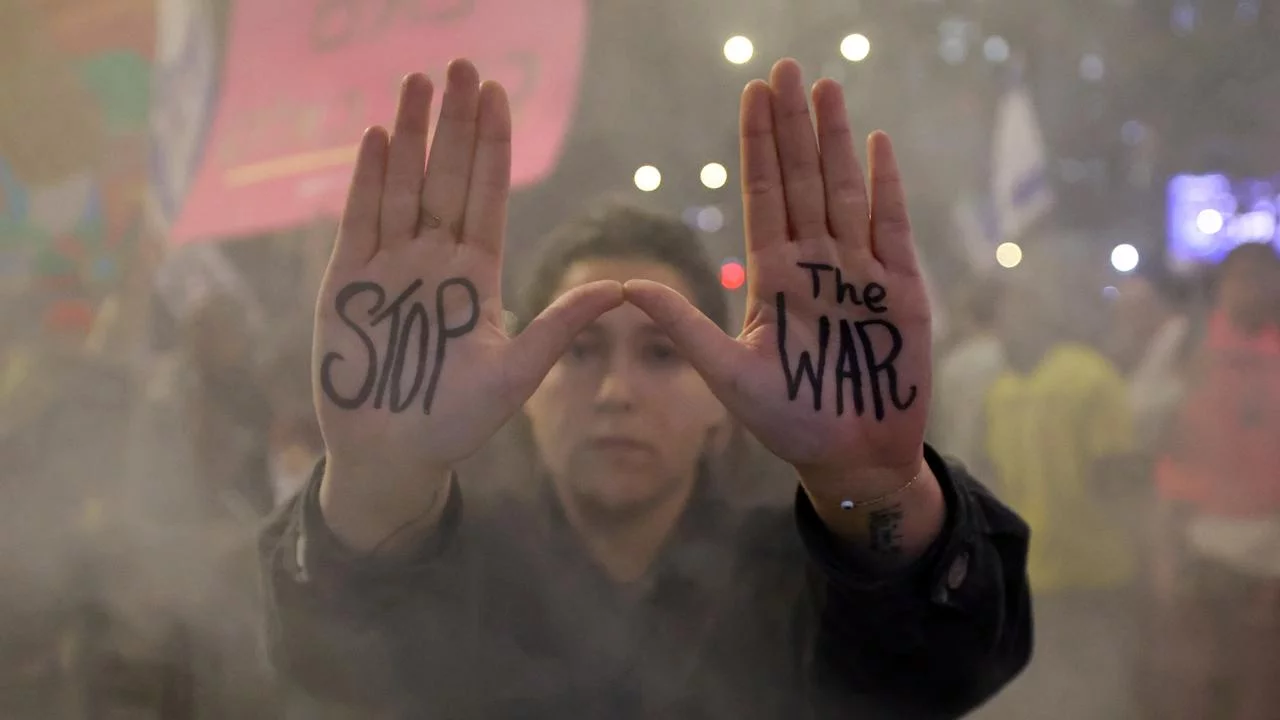
On January 15, Hamas and Israel reached a ceasefire agreement after 15 months of war. Photo: Reuters.
“It should be noted that the commitment to the ceasefire agreement has been put under even greater doubt. The second phase of the peace involves the complete withdrawal of Israeli troops, and the third phase involves the restoration of Gaza. However, Trump's statements mean that Washington is protecting Israel in its plans for Gaza. "These plans not only do not envisage the creation of an independent Palestinian state, but also oppose the settlement of Palestinians in the region," Hellyer said.
According to Hugh Lovatt, a senior fellow for the Middle East and North Africa at the European Council on Foreign Relations, such contradictory statements could lead to the strengthening of the influence of radical groups among the local population.
"Trump's adventurous plans for Gaza will not come true. But this situation may further strengthen local support for Hamas, because they are seen as the only force that can protect the Palestinians from the American ethnic cleansing. This also applies to the West Bank, because the Palestinians there also feel like the next victims," Lovatt said. Read “Zamin” on Telegram!
Ctrl
Enter
Found a mistake?
Select the phrase and press Ctrl+Enter 
















